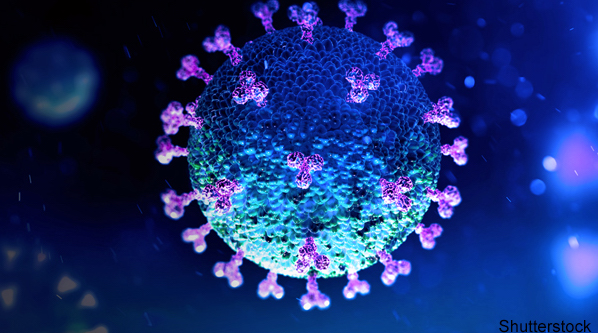
With thousands of articles published weekly on COVID-19, navigating the literature on this emerging infectious disease can be daunting. As emergency physicians, important research questions of interest include performance characteristics of various diagnostic tests, risk stratifying patients for discharge versus admission, and, above all, effective treatments. In an era in which preprints (ie, non peer-reviewed drafts of papers being submitted for publication) go viral, and even responsible mainstream media does not always get it right, it’s hard to know what to believe. To help health care professionals and the general public keep up and to fight medical misinformation, a group of emergency physicians started the website Brief19.com. We publish analysis of COVID-19 research and policy five days a week, all for free. (Note: ACEP Now’s medical Editor in Chief, Jeremy Samuel Faust, MD, MS, MA, FACEP, is also Editor in Chief of Brief19.)
Explore This Issue
ACEP Now: Vol 39 – No 08 – August 2020Let’s focus on therapeutics. With regard to treatments of potential benefit in the emergency department, there are three big-ticket medicines to consider: dexamethasone, remdesivir, and hydroxychloroquine. The analysis of these three so far is, in order: promising, somewhat promising, and useless.
The main thing to remember is that a thousand retrospective observational studies provide less reliable information than a single well-done randomized controlled prospective clinical trial.
Let’s discuss three important, large, multicenter, randomized clinical trials (RCT). One of the RCTs comes from our own National Institutes of Health (NIH), one from the United Kingdom, and one from Brazil, and all published in the New England Journal of Medicine (NEJM).
Dexamethasone
Has there ever been a week of shift work where you did not prescribe IV or oral steroids? Unlikely. Dexamethasone, an inexpensive steroid that is commonly used and widely available appears to be the first medication shown in a high-quality study to reduce the rate of death in any subset of COVID-19 patients.
The results come from a larger conglomerate of trials being conducted in the United Kingdom, known as the Randomised Evaluation of COVID-19 Therapy (RECOVERY) Trial. Published July 17 in NEJM, patients enrolled in RECOVERY received 6 mg of either oral or IV dexamethasone once daily for 10 days plus standard of care, or standard of care alone.1 The primary outcome was death rate at 28 days after enrollment.
The proportion of patients meeting the primary outcome was 21.6 percent for patients receiving dexamethasone and 24.6 percent standard of care alone. The number needed to treat to prevent one death for a hospitalized patient diagnosed with COVID-19 was 20. Those most likely to benefit were patients who had a new oxygen requirement or were on mechanical ventilation. The results for patients on mechanical ventilation were staggering: 40.7 percent of patients who did not receive dexamethasone had died by day 28 compared with 29 percent among those who did receive dexamethasone. A reduction in deaths of more than 11 percent is an unusually large effect for an ICU study of any kind. Patients who needed oxygen only (but not intubation) also fared better, dying 21.5 percent of the time versus 25 percent among controls.
Pages: 1 2 3 | Single Page




No Responses to “COVID-19 Therapeutics: What Works, and What Doesn’t?”